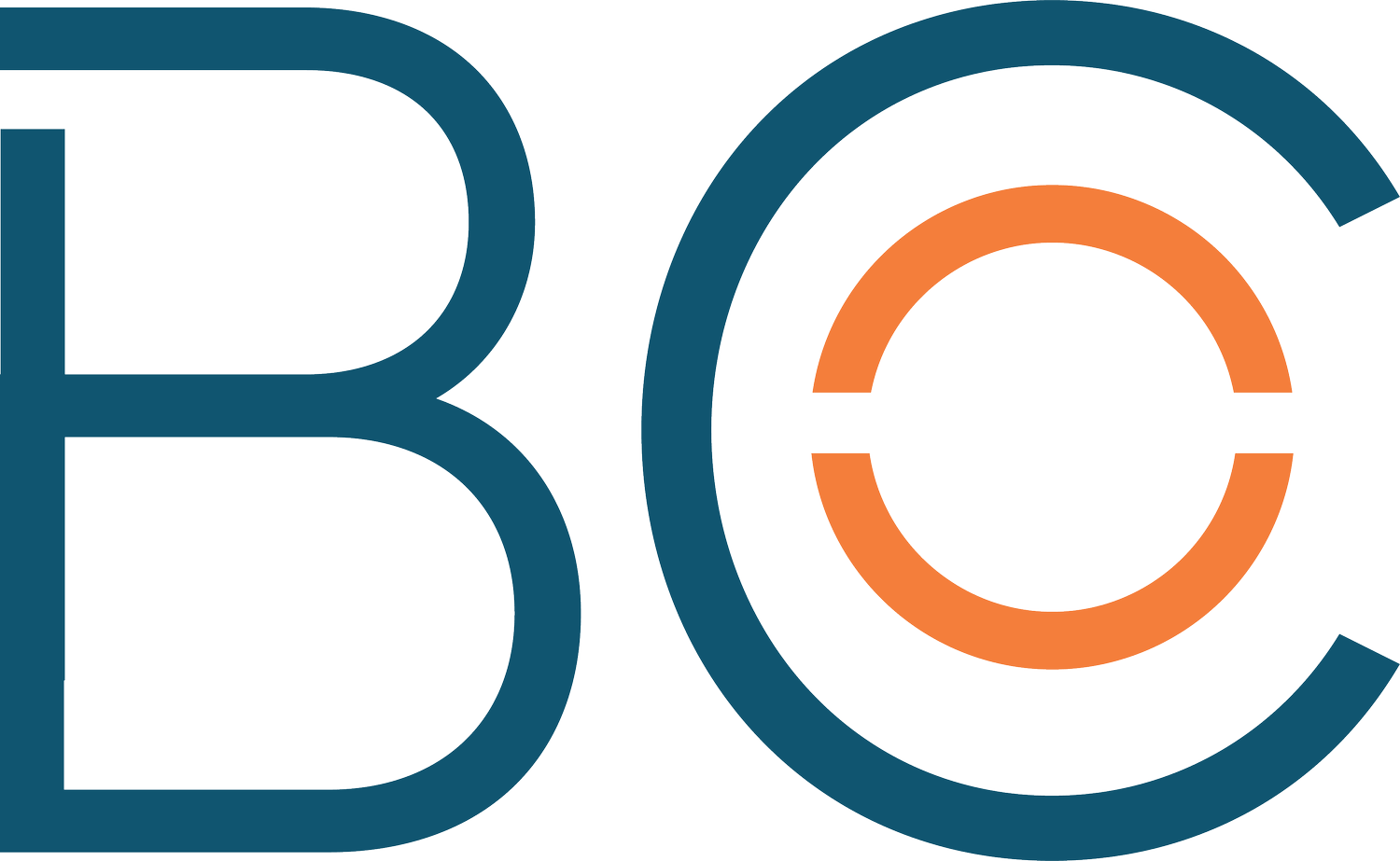How the iOS14 Updates May Be Impacting Your Digital Advertising
The digital advertising landscape has changed pretty dramatically over the past few months.
The digital advertising landscape has changed pretty dramatically over the past few months. Facebook, specifically, has made adjustments to their standard conversion window, from a 28-day click, to a 7-day click model. On top of that, there are some larger changes that are fast approaching and have already started to impact ad performance reporting and targeting. What is this change you ask? Apple is releasing an updated operating system for their mobile devices, iOS 14.
There has been a lot of talk in the digital advertising space about Apple’s iOS 14 update and how it will ultimately affect advertising, specifically Facebook. First off, what exactly is the update? To summarize, Apple announced changes with iOS 14 that will impact the way in which Facebook is able to receive and process conversion events from tools like the Facebook pixel. In short, Apple is requiring that all apps in the App Store show a prompt to users on iOS devices essentially asking the user for permission for the app to track them outside the platform in different ways. So, this update will affect any business that advertises mobile apps, in addition to those who optimize, target, and report on web conversion events.
The new iOS 14 policy will also prohibit certain data collection and sharing unless people opt into tracking on iOS 14 via the prompt. This may sound familiar, as most websites with any form of cookie tracking established are prompted in response to the GDPR requirements.
What happens if iOS users elect to opt-out of Facebook’s tracking?
If the Facebook pixel is not able to track user behavior, the effectiveness of the tracking pixel is severely diminished. This results in inaccurate reporting for conversions all the way down to ineffective remarketing efforts:
Targeting options will be weaker, which means generating hyper-targeted ads to audiences will be hindered.
Potentially more wasted spend with the diminished ability to create personalized experiences.
How does iOS 14 affect your Facebook ads?
There are several ways in which ads on the Facebook channel will be affected by the update.
Potentially fewer website sales from ads:This assumption is made from Facebook’s “studies” through their own found data, so it should be taken with a grain of salt. Based on these studies, Facebook feels that the loss of personalization could result in a 60% dip in website sales from ads.
Potential for less efficient and less effective advertising on the Facebook channel: This is based on the ability to track events and behavior of users like in past Facebook campaigns. If users opt-out of tracking, the Facebook pixel will become less effective. You will not be able to advertise to users that have opted out of tracking via remarketing as they move through the funnel.
What can be done to prepare for the iOS14 update?
The IOS 14 update will force a cap of eight events tracked per pixel. This means that businesses will need to prioritize the events that are most important to them. For most e-commerce businesses these events will be the following:
Purchase, Add-To-Cart, Page View, View Content, Initiate Checkout, Add Payment info, Search
These events will need to be prioritized within the Facebook Ads Manager via the Aggregated Events Manager tool by the business admin.
Measurement will also be affected by this update. The new default attribution window will make measurement a bit more complicated, as it will contribute to under-reporting paid channels. When it comes to ad reporting data, there can be a three-day delay on data display for the data that comes from iOS14. This is due to Apple’s PCM (Private Click Measurement) protocol, which can restrict and delay data access.
Actions to take now:
Action 1: Verify your domain(s) with Facebook
There are several ways to accomplish this. A DNS TXT entry could be added to your DNS record and confirm that you’re the owner. You can also upload a Facebook-provided HTML file to your web directory.
Action 2: Decide which eight events for conversions you’ll track
These events are listed above and are relevant for all E-commerce websites.
Action 3: Implement conversions API
This is a Facebook tool that allows events to be provided back to the Facebook channel via server-side tracking. This will become an important third source for Facebook to gather their aggregated data events. Facebook will likely need to work toward eROAS (estimated return on ad spend), instead of actual data-proven ROAS. Facebook ads will temporarily have lower ROAS for eCommerce until their algorithm is up to speed with eROAS.
We don’t feel that this is going to be the end of Facebook advertising. At Buckland Co, we're staying cautiously optimistic that these changes will have less of an impact than expected. As more information is gathered around this subject, we will provide more insights into how we’re handling and adjusting our approach to digital advertising. More information and workarounds will be developed over the next few months that will allow us to weather the storm while the Facebook channel and algorithm adapt to these changes.
Tyler Kasupski, Director of Digital Advertising

